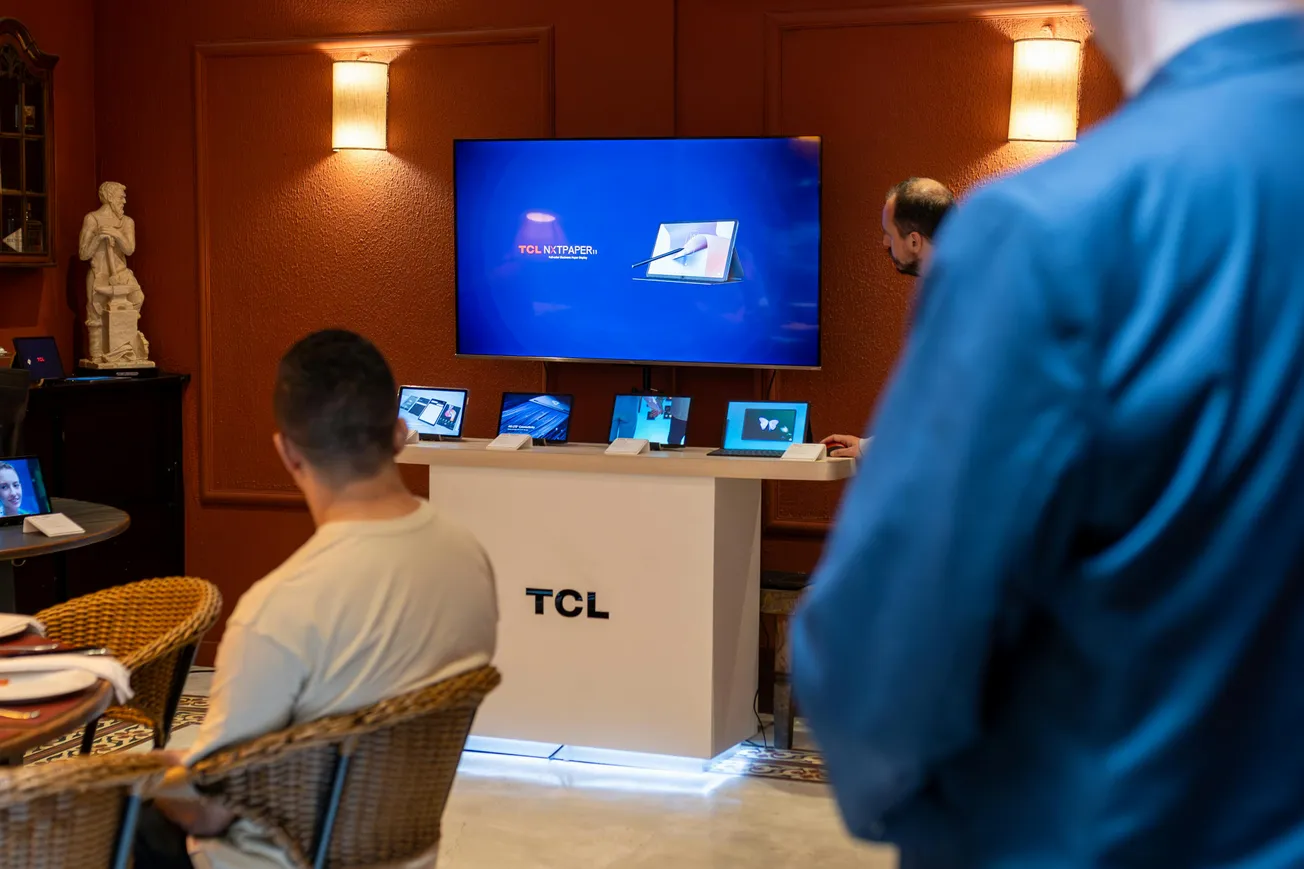In the ever‑evolving digital ecosystem, the role of search is undergoing a dramatic transformation. According to a recent analysis by DAC Group, the traditional model of keyword‑based search is giving way to a more conversational, AI‑driven discovery process.
The End of Predictable Search
Historically, search meant someone typing a query, viewing a list of links, clicking through and converting. Today, that cadence is fractured. With the rise of generative AI, chat‑style interfaces, and platforms like ChatGPT and Perplexity taking on more of the discovery journey, users often get answers without visiting a website.
Meanwhile, younger consumers increasingly turn to social platforms like TikTok, Instagram and YouTube as their first stop, leaving traditional search behind.
Why Old Models Are Failing
The fragmentation of channels and formats is key. Search isn’t isolated anymore—it’s fused with video, social, voice, image, and local. Paid search tools are increasingly automated (e.g., Performance Max), diminishing advertiser control.
On the organic side, ranking for isolated keywords no longer suffices. Giving machines structured content, thematic depth, and clear signals is now imperative.
A New Playbook for Brands
Brands must rethink search: it’s no longer about dominating a keyword—it’s about being discoverable across conversational surfaces. That means linking paid media, SEO, content, local presence, and data infrastructure into a unified system.
Measurement must evolve too: last‑click attribution no longer captures the discovery process as users engage in non‑click experiences.
Implications for Omnichannel Retail
For retailers—especially major omnichannel players—the shift accentuates the need for seamless coherence across digital and in‑store touchpoints. Search isn’t just a digital moment; it’s now part of the broader experience.
Retailers and suppliers need to ensure that when consumers ask, listen — whether via voice, AI chat or social feed — their answer is aligned, consistent and immediate.








